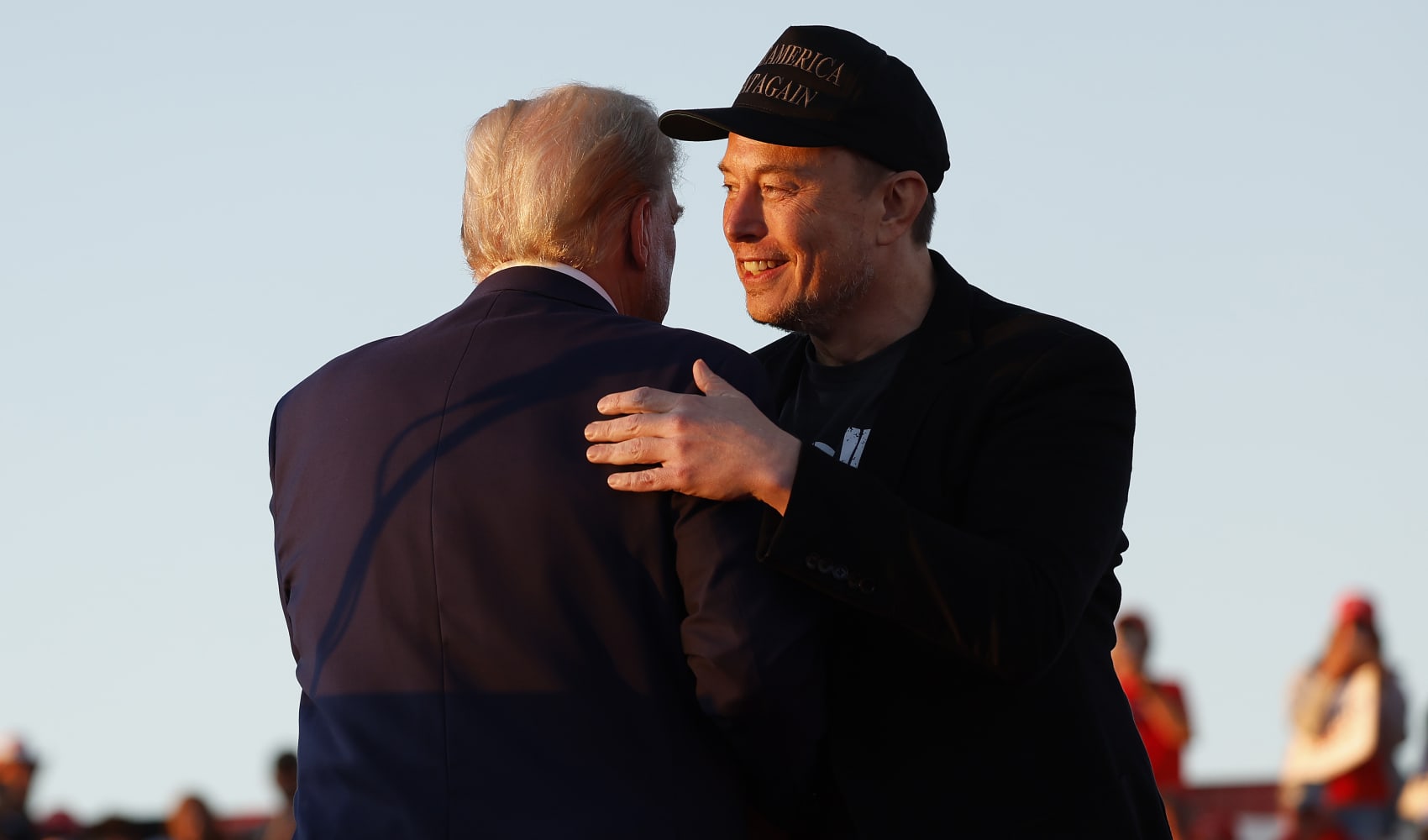A new report into systematic Russian doping details a wide-ranging "institutional conspiracy" that involved more than 1,000 athletes across more than 30 sports, including evidence corroborating large-scale sample swapping at the 2014 Sochi Winter Olympics.
World Anti-Doping Agency investigator Richard McLaren said Friday the conspiracy involved the Russian Sports Ministry, national anti-doping agency and the FSB intelligence service, providing further of state involvement in a massive program of cheating and cover-ups.
"It is impossible to know just how deep and how far back this conspiracy goes," McLaren said at a news conference in London. "For years, international sports competitions have unknowingly been hijacked by Russians. Coaches and athletes have been playing on an uneven field. Sports fans and spectators have been deceived. It's time that this stops."
McLaren said his conclusions were based on irrefutable forensic evidence, including DNA analysis proving that samples were swapped and other tests showing that doping bottles were opened.
The Canadian law professor's investigation found that 15 Russian medalists in Sochi had their doping bottles tampered with, including athletes who won four gold medals. Names were not given.
McLaren also reported that Russia corrupted the 2012 London Olympics on an "unprecedented scale" but the full extent will "probably never be fully established."
No Russian athlete tested positive at the time of the games, but McLaren said the sports ministry gave athletes a "cocktail of steroids ... in order to beat the detection thresholds at the London lab."
U.S. & World
The findings confirmed and expanded on much of the evidence contained in McLaren's first report issued in July.
His first report led WADA to recommend that Russia be excluded from the Rio de Janeiro Olympics. The IOC rejected calls for an outright ban, allowing international federations to decide which Russian athletes could compete.
McLaren's latest report will put pressure on the International Olympic Committee to take action ahead of the 2018 Winter Games in Pyeongchang, South Korea. His findings will be sent to the IOC, which has two commissions looking into the allegations.
IOC President Thomas Bach has said stiff sanctions will be taken against any athletes and officials implicated in doping. He said he favors lifetime Olympic bans for anyone involved.



